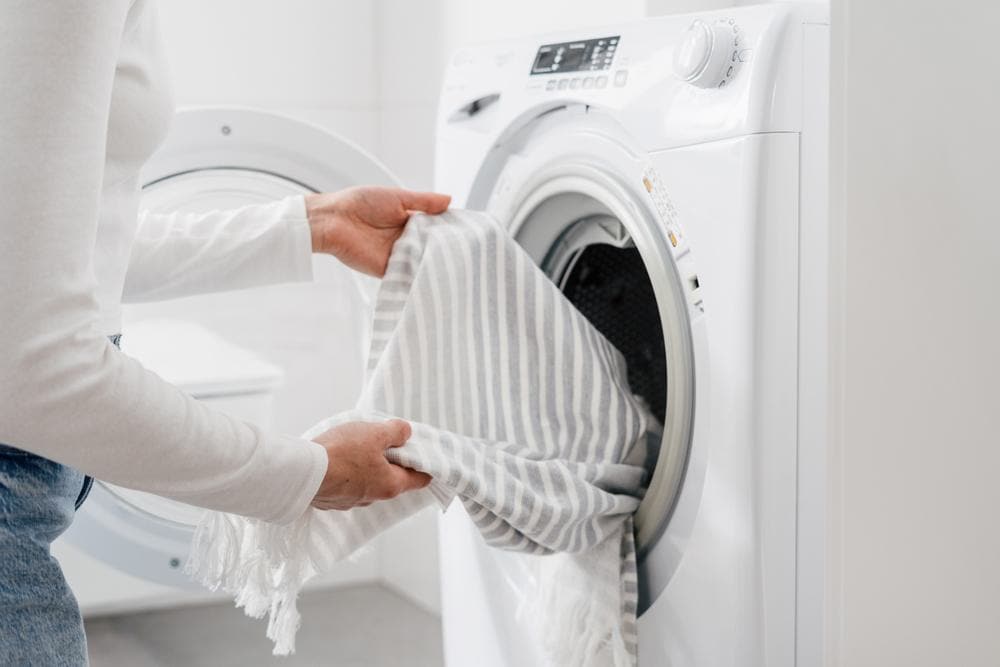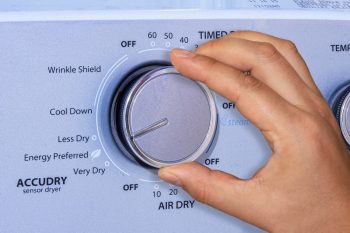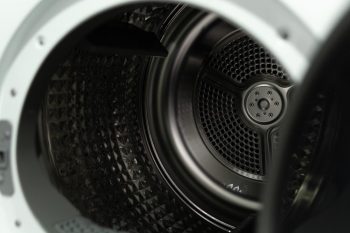
In the world of home appliances, washers and dryers are essentials for most households. But have you ever wondered why these two machines, which work hand in hand to clean and dry our clothes, are not combined into one? The reality is, there are combined washer and dryer units, known as washer-dryer combos, but they’re not as common as separate units. In this comprehensive guide, we’ll delve into the reasons why separate washers and dryers are often preferred over combined units.
Washers and dryers aren’t typically combined due to differences in their operations and functions, technical limitations of combined units, and consumer preferences. Combined washer-dryer units often have smaller capacities, take longer to complete a load, and have limited drying capacity. Moreover, separate units tend to be more energy-efficient and cost-effective in the long run. However, combined units can be a suitable option for those with limited space and budget.
Differences in Operations and Functions
The fundamental differences between washers and dryers lie in their primary functions and the way they operate. A washing machine is designed to clean clothes by agitating them in water mixed with detergent, while a dryer’s purpose is to remove moisture from clothes using heat, air, and motion.
Washing machines work by filling a drum with water and detergent, then agitating the clothes to remove dirt and stains. After the washing cycle is complete, the machine drains the water and spins the clothes to remove excess water.
On the other hand, dryers use heat, air, and motion to dry clothes by removing moisture. The heating element in a dryer can be fueled by electricity, natural gas, or propane gas. As the dryer’s drum rotates, the clothes tumble, and heated air is drawn through them, evaporating the moisture.
Technical Limitations of Combined Units
While there are no specific technical limitations preventing the combination of washers and dryers, there are practical disadvantages to these all-in-one units. Washer-dryer combos typically have a smaller capacity than separate units, meaning they can only handle smaller loads of laundry. They also take longer to complete a load of laundry, usually ranging from 3 to 6 hours. Furthermore, the drying capacity of these combo units is often limited, usually handling only about half of the capacity of the wash cycle.
Energy Consumption & Efficiency
Separate washer and dryer units tend to be more energy-efficient, especially when using a heat pump dryer. A washer-dryer combo typically consumes more energy during the drying process due to the use of a heating element and the absence of a condenser. However, most combo units are energy-efficient when used only for washing.
Space & Installation Requirements
Separate washer and dryer units require more horizontal space, while combined or stacked units require more vertical space. Make sure to measure your available area and consider the necessary clearances for hoses, venting, and noise reduction before making a decision.
Maintenance & Repair Needs
All-in-one washer and dryer repairs typically cost between $100 and $500, depending on the issue. However, it is worth noting that all-in-one units may have higher repair rates due to their complexity. In case one of the separate units breaks down, you can replace it individually without having to replace the other functioning unit.
Cost of Purchase & Operation
The cost of purchasing and operating separate washer and dryer units compared to a combined unit varies depending on the size, capacity, brand, and features. While combined units are more affordable upfront, separate units are more energy-efficient and cost-effective in the long run.
Cleaning & Drying Efficiency
Combined washer and dryer units generally do not perform as well as separate units in terms of cleaning and drying efficiency. While combined units are gaining popularity due to their convenience and space-saving features, separate units remain a popular choice for many consumers due to their greater capacity, efficiency, and reliability.
Consumer Preferences & Market Demand
Market demand and consumer preferences influence the production of separate and combined washer and dryer units by driving innovation, competition, and the development of space-saving solutions.
Conclusion
In conclusion, the choice between separate washer and dryer units and a combined unit depends on various factors such as available space, budget, and laundry needs. If space is limited and budget is a concern, a washer-dryer combo may be a suitable option. However, if energy efficiency, capacity, and performance are priorities, separate washer and dryer units are the better choice.
Frequently Asked Questions
What is a heat pump dryer and why is it more energy-efficient?
A heat pump dryer is a type of dryer that uses a heat pump to dehumidify the air used to dry the clothes. It works by recycling the hot air used in the drying process instead of releasing it, making it more energy-efficient.
How exactly does a washer-dryer combo work?
A washer-dryer combo operates in a similar way to separate machines. It first washes the clothes by agitating them in a water and detergent mixture. After the wash cycle is complete, it drains the water and spins the clothes to remove excess water. Then, without needing to transfer the clothes to a separate machine, the combo unit will dry the clothes using heat and motion.
What are the specific space requirements for separate washer and dryer units?
The exact space requirements for separate washer and dryer units can vary depending on the models and brands. However, generally, you should allow for at least 1 inch of space on either side of the units for proper air circulation and about 4 to 6 inches of space at the back for venting, hoses, and electrical connections.
Are washer-dryer combos available in different capacities?
Yes, washer-dryer combos are available in different capacities, similar to separate washers and dryers. However, the drying capacity is often half of the wash capacity.
What brands are known for their washer-dryer combos?
Several brands are known for their washer-dryer combos, including LG, Bosch, and Whirlpool. Each brand offers different models with various features and capacities.












